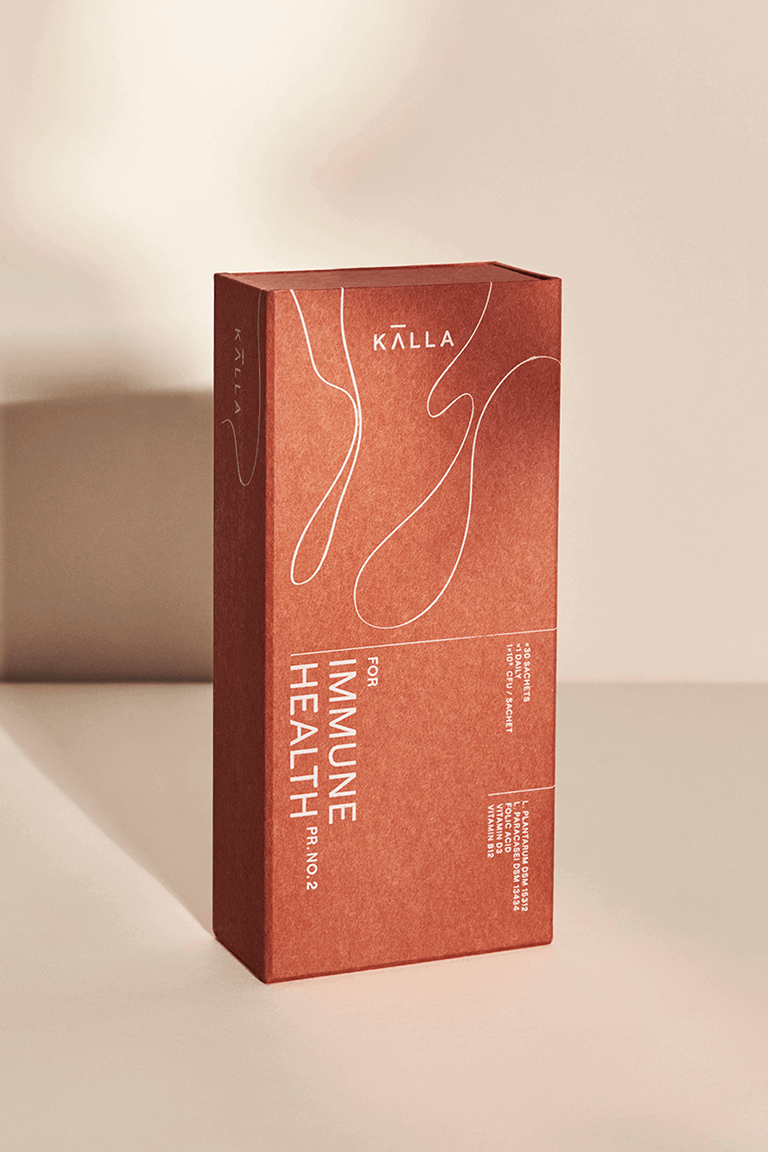Look after your gut health and help ward off seasonal illness this winter with these immunity boosting top tips…
By Eve Boggenpoel
Whenever the word ‘virus’ is mentioned our thoughts naturally turn to Covid. But this winter, experts are concerned about an entirely different viral infection.
Even before lockdowns and social distancing helped protect us from flu, cases of the respiratory illness had been low. While that may seem a good thing, the downside is it can result in lowered immunity.
Increasing your vitamin C intake may be one way to help protect your body from infection. But you might like to also take care of your microbiota, the diverse range of microbes that call your gut their home, too.
‘As more than 70 per cent of your immune system is situated within the gut, making sure your digestive system is functioning properly should be one of the first steps taken when trying to boost immunity,’ advises James Kinross, consultant colorectal surgeon at King Edward VII’s hospital.
‘By optimising the health of the gut’s immune system you will give your body the tools it needs to help fight off conditions like colds and flu.’
How does your gut health influence your immunity?
‘You have specific microbes that produce short chain fatty acids which have an anti-inflammatory effect and modulate how your immune system works,’ explains Kristy Coleman, head nutritionist at The Gut Stuff.
‘And microbes in your large intestine also influence microbes in your mouth, which provides another line of defence.’
How healthy is my gut?
If you’re not sure how healthy your gut is, there are a few things to look out for.
Symptoms such as irritable bowel syndrome, constipation and bloating could suggest your gut is out of balance. You may also experience allergies and skin conditions like dermatitis, says Kinross.
‘An unhealthy gut also causes sleep problems and may even influence your mental health,’ he adds.
5 ways to boost your gut health and immunity

1. Get moving for an immune-boost
One way to improve your gut-mediated immunity is by working out.
‘Exercise, the dietary changes associated with maintaining an active lifestyle, and being fit and relatively lean promote a more “health-associated” gut microbiota,’ explains Mike Gleeson, emeritus professor, Loughborough University, and the author of Eat, Move, Sleep, Repeat (£22.50).
Training also increases the amount of short chain fatty acids in your body. Specifically, one called butyrate, which bacteria produce.
‘Adequate production of butyrate is crucial for a healthy gut, and it may also decrease inflammation, which supports your immune system,’ says Coleman.
What sort of exercise is best for boosting gut health and immunity?
Unfortunately, there’s very little research directly comparing the effect of individual fitness, exercise routines and training loads on your microbiota. However, endurance rather than power training seems to be more beneficial, says Gleeson.
Furthermore, the level you train at matters, too. ‘Prolonged excessive exercise can have a deleterious influence on intestinal function,’ he adds.
‘But, regular moderate exercise is associated with a 30-50 per cent reduction in risk of picking up respiratory infections such as the common cold.’

2. Eat a variety of plant-based foods
As well as following a moderate exercise plan there are other ways to support your immunity by improving your gut health.
‘The most important thing to do is eat a healthy balanced diet with lots of fruit and vegetables. These provide the fibre we cannot digest but provides our gut microbes with a source of energy they can use,’ advises Gleeson.
Variety is key here, as the diversity of your microbiota depends on a wide range of food sources. Recent research shows we need to aim for 30 different types of plant foods a week –wholegrains, pulses, legumes, nuts and seeds – as well as fruit and veg.
The reason? ‘Polyphenols are great for supporting a healthy gut microbiome,’ says Coleman. ‘They help your microbes to be more efficient and feed those responsible for producing short chain fatty acids.’
3. Drink plenty of water
‘You also need to drink plenty of water and avoid consuming too many stimulants like alcohol (particularly beer) and caffeine,’ advises Kinross.
‘These can disrupt the natural actions of bacteria within the gut and its ability to function.’

4. Manage your stress levels to boost immunity
Finally, keep your stress levels in check. We all know people who catch colds and flu when they’re under a lot of stress, and there’s sound reason why.
Your microbes respond to stress too, so try to prioritise calming practices such as meditation and deep breathing.
5. Supplement with probiotics
Give your gut a helping hand and boost your immunity with these probiotic supplements…

Kalla For Immune Health (£49 for 30 days). Containing specific strains of Lactiplantibacillus plantarum and L. paracasei, this supplement has been proven to successfully colonise the gut. It also alleviates the symptoms, duration and frequency of the common cold.

Probio7 AB21 (£22,99 for one month). This probiotic includes three strains of L.plantarum plus Pediococcus acidilactici to specifically address respiratory tract infections. In a clinical trial awaiting peer review, it reduced Covid symptoms and improved immunity to the virus.

U ULTRA IMMUNITY (from £44.90 a month). Look after your gut and sporting needs in one hit. Clinically proven to improve gut health and immune function, while also reducing tiredness and increases stamina. Also contains immunomodulator beta glucans.

Higher Nature Pro-Immune (£21.95 for 30 tablets). With a powerful combination of 10 billion live bacteria – seven Lactobacillus and Bifidobacterium strains – this supplement also includes zinc for healthy immune function, as well as antiviral elderberry extract.

Naked Biotics Maintain (£19.95 for 500ml). Rather than being freeze dried, the 12 strains and multiple classes of live bacteria in these liquid shots are fermented for 21 days. Also contains elderberry for the immune system and rosehip, chamomile and olive leaf for general gut health.







